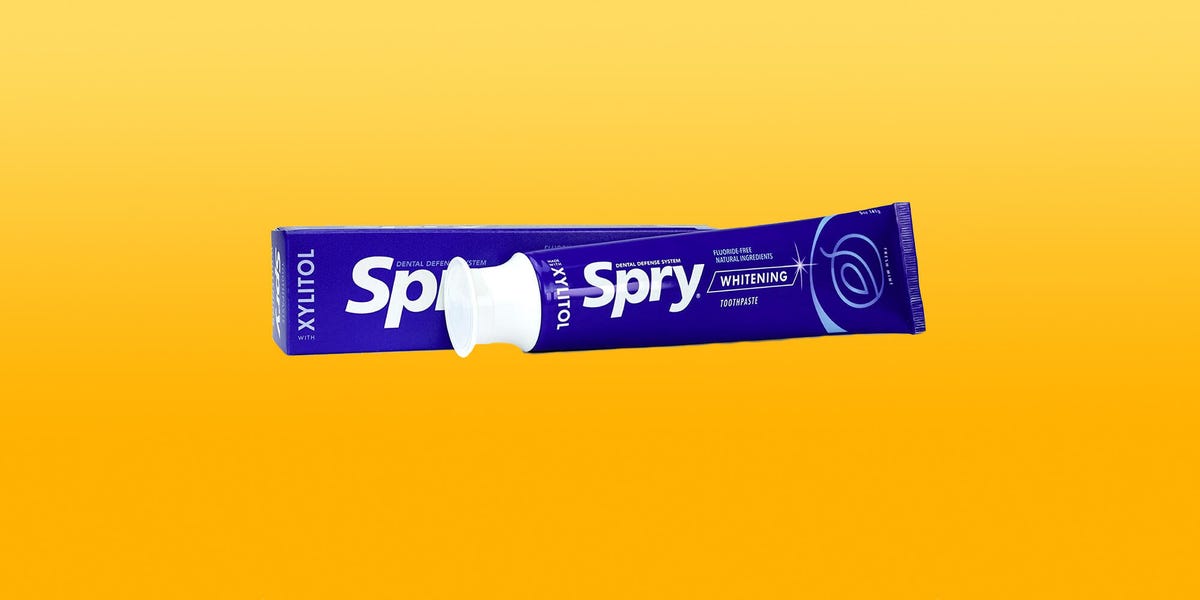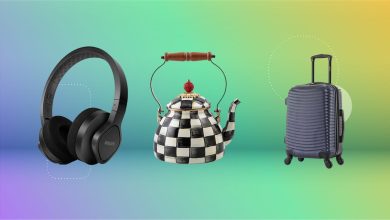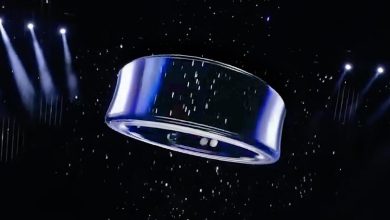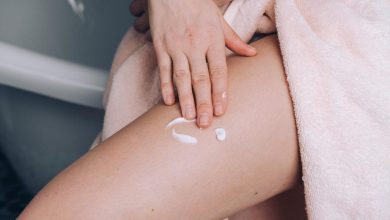Don’t Rinse Your Teeth Immediately After Brushing. Here’s Why

[ad_1]
If you’re still rinsing your mouth with water after brushing your teeth, I’m here to tell you why it’s good to actually leave some extra toothpaste on your teeth. I used to rinse my teeth after brushing – even brushing them with a wet toothbrush – to remove any toothpaste residue left in my mouth. Then I learned from a dentist’s TikTok video that rinsing off excess paste isn’t the most effective method of keeping your chompers in good shape.

Instead, I now spit out as much toothpaste as I can without splashing water on it, so I can let the toothpaste do its job a little longer. I wasn’t sure why I was doing this or what the benefits were until I spoke to an expert.
I talked with Dr. Edmund Hewlett, consumer advisor to the American Dental Association and professor at the UCLA School of Dentistry, to find out why you shouldn’t rinse your mouth with water after brushing your teeth. Here is the answer. For more tips, here why you should floss before brushing your teeth.
Why you should skip rinsing with water after brushing your teeth
Fluoride is an important ingredient in toothpaste that helps make enamel harder and more resistant to acids that cause tooth decay. Hewlett says it’s the most proven effective ingredient in toothpaste, so make sure yours contains fluoride.
When you brush your teeth, you clean away any film and bacteria from food and sugary drinks. When you go one step further and skip the rinse, you leave the fluoride in the toothpaste in your mouth for a longer time, giving you a better effect than the fluoride.
Wait at least 15 minutes after brushing to drink water. After you brush your teeth, Hewlett explains, your saliva will wash away the toothpaste, so you won’t taste it all day.
What if you’ve been washing yourself all your life?
If you’re just learning about this tip, you might think you’ve undone all your hard work brushing every day. This is not true. Hewlett says that as long as you brush twice a day for 2 minutes each time, the fluoride will stay in your mouth to protect your teeth.
You are still doing what you need to do for good oral health to protect your teeth. The no-rinse idea is just an extra step to help the fluoride be even more effective.
“When you measure fluoride levels in a person’s saliva, if they don’t rinse, there’s more fluoride,” Hewlett said. It won’t be a waste of time if you rinse it off. He said research is still being done to determine the difference it makes long-term in preventing tooth decay.

Check if your toothpaste contains fluoride.
The health of your teeth also plays a role
There are different levels of risk for a person to get cavities, Hewlett said.
“If you don’t normally get cavities, then you should continue to use fluoride toothpaste. The decision to rinse or not to rinse after brushing probably won’t matter.”
On the other hand, for those struggling with tooth decay, not rinsing is probably a better solution. You should also get help from your dentist to find out why you regularly get cavities – for example, it could be your eating habits, eating sugary foods or not brushing your teeth regularly. If you are at higher risk of cavities, you should do everything you can to prevent them.
Is it okay to use mouthwash to rinse your teeth after brushing?
Most of them mouthwashes contain less fluoride than toothpaste, etc rinsing with mouthwash immediately after brushing, it can wash away the concentrated fluoride from your teeth. Instead, choose to use mouthwash at another time, such as after lunch or coffee.
More tips for brushing your teeth
Here are some additional tips to keep your oral health up to par.
- Always use a toothbrush with soft bristles and never medium or hard bristles. Hewlett says anything but soft can increase the risk of gum recession.
- It doesn’t matter if you floss before or after brushing, as long as you floss once a day to remove plaque and trapped food.
- You don’t need to brush your teeth aggressively to clean them. While scrubbing your dishes extra hard can make them extra clean, it’s not necessary for your teeth and can also lead to gum recession.
- Gently brush along the gum line with a soft-bristled brush to prevent gum disease.
- Always consult your dentist for personalized advice. They understand what your oral health profile looks like.
For more, here the best time to brush your teeth is in the morning.
[ad_2]




